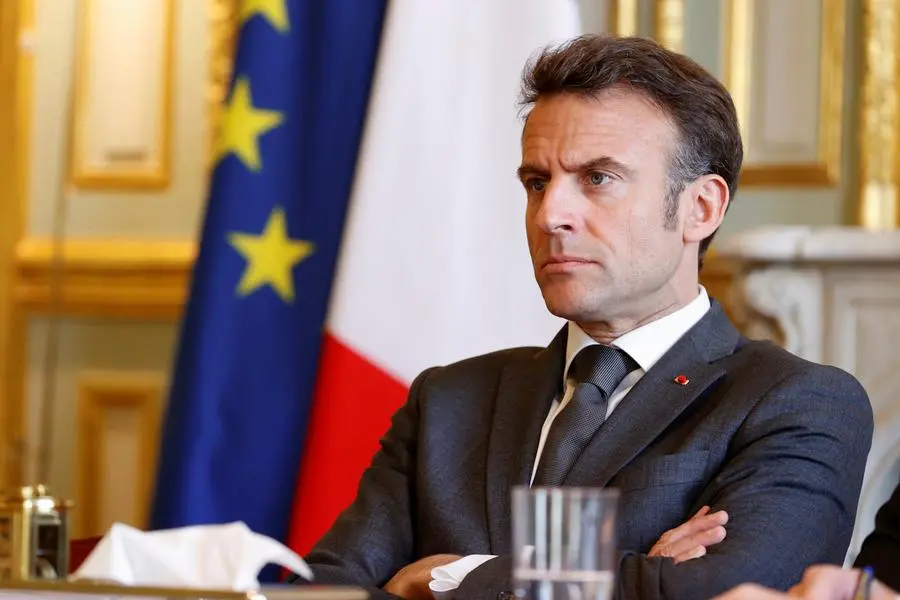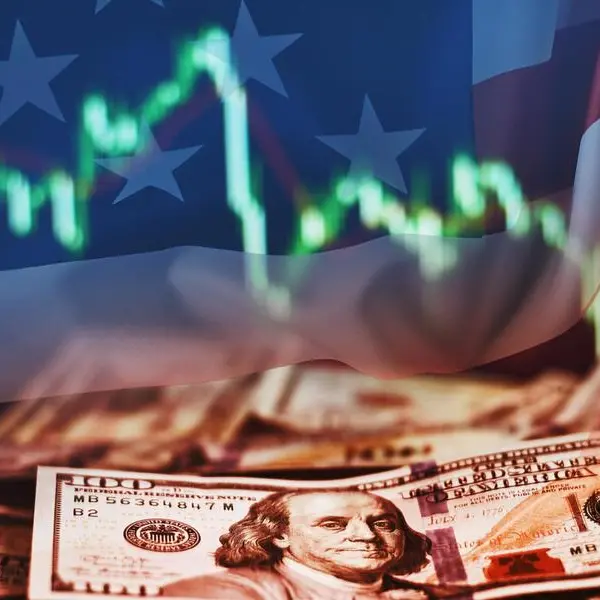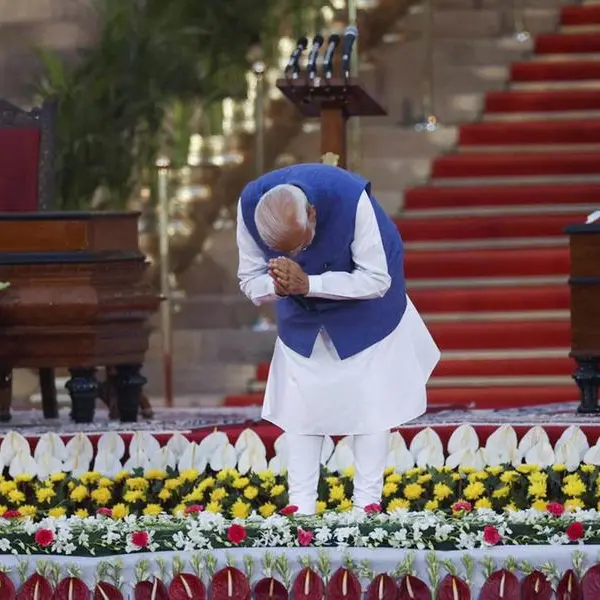PHOTO
French President Emmanuel Macron caused quite a stir last week when he said that France is “not a follower” of the United States when it comes to policies related to China and Taiwan. The French leader advocates a more muscular Europe – known in EU-speak as “strategic autonomy” – that could present a third geopolitical pole along with China and the US.
Some Republican members of the US Congress were quick to condemn Macron’s comments, yet American conservatives have long urged European countries to spend more to build military might. With that would naturally come an independent approach to international relations.
Neither can have it both ways. If Europe wants more diplomatic autonomy it will have to spend more on military security. If the US wants Europe to shoulder more of its own security costs, it will have to accept a more independent Europe.
But typical of knee-jerk reactions, what Republicans are reacting to is not exactly what Macron said. His more complete comments were more nuanced:
“The question Europeans need to answer – is it in our interest to accelerate (a crisis) on Taiwan?” the French president rhetorically asked during a group interview with French and Chinese reporters. “No. The worse thing would be to think that we Europeans must become followers on this topic and take our cue from the US agenda and a Chinese overreaction.”
And Macron’s embrace of “strategic autonomy” is hardly something new. France has always been irascibly independent, even after US and British forces drove the Nazis from France. Following the devastation of WWII, the country was sidelined as a world power, which commentators of the time said wounded French pride. In the depths of the Cold War, French President Charles Gaulle famously pulled France out of NATO’s integrated military command.
As empires crumbled following WWII, the French found their interests did not always coincide the American agenda – and vice-versa. President Eisenhower pulled the plug on Franco-British military intervention during the 1956 Suez Crisis, while he, and later Kennedy, also forestalled some French military efforts in Algeria and Vietnam.
French sensitivity and grandeur about its place on the world stage helped coin a new term that entered the world lexicon – chauvinism, named for Nicolas Chauvin, a legendary, possibly apocryphal, super-patriot who is supposed to have served in the Napoleonic army and became synonymous for excessive nationalistic fervor. The term is now also used to refer to notions of superiority in other aspects of life.
Americans, of course, are also famed for their patriotic zeal, but critics say their efforts can lack the depth of understanding and deftness needed in exerting the country’s considerable power in other places and cultures.
In his masterpiece novel The Quiet American, Graham Greene wrote a prescient tale of misplaced earnestness and superficial understanding of another culture, fatal flaws that would characterize the misadventures of America in Vietnam.
By contrast, European analysts and leaders are often elaborate or even arcane. They might be better at study and understanding of another culture, but they seem to lack the requisite resolve to move at anything other than a glacial pace. That famed elaboration is often turned on itself.
Despite its head start – the cradle of Western Civilization that explored the far reaches of the Earth and settled the New World – Europe has consistently failed to live up to dreams of global power in the 20th and 21st centuries.
What Macron and many others in Europe seem particularly good at is talking, and that could be a good thing if their role is that of a mediator offering a welcoming shoulder to lean on. The Cold War gave rise to the term Non-Aligned Nations which were not exclusively allies of either the US or Soviet Union. Today that idea is still interesting, with Europe as the third pole of influence.
To do that, the countries of Europe need to get on the same page. Berlin likely considers itself the real leader of geopolitical power in the region, not Paris.
Back on the other side of the Atlantic, the US needs to give Europe the space to explore diplomatic and geopolitical options that help provide a more stable world.
If Europe indeed wants to be more muscular, it better start working out to gain the fitness needed. That includes significantly greater funding to create a credible military. To date it has fallen short of the minimum level of military spending analysts say it needs for that credibility, some 2 percent of GDP.
Yet even without the power to force its position, perhaps France can offer a needed option: pursuing conciliation, not confrontation. Ironically as Macron’s comments over China hit the headlines, other events in Asia resonated with implications: The US and Vietnam pledged to boost relations as Secretary of State Antony Blinken visited Hanoi, while the Philippines and US held their largest-ever joint military drills.
Vietnam, at one time or another an adversary of China, France and the US, might not be entirely comfortable too close to the US orbit, so it could want the alternative embrace of Europe.
Whether or not Europe can or should be flexing more muscle, the continent still has a very important role to play. President Macron and other leaders should continue to provide their perspectives and proactive initiatives. The ultimate goal, after all, is friendly relations and a more harmonious world. Communication and engagement are crucial to the effort
- Jon Van Housen and Mariella Radaelli are international veteran journalists based in Italy.
Copyright © 2022 Khaleej Times. All Rights Reserved. Provided by SyndiGate Media Inc. (Syndigate.info).





















